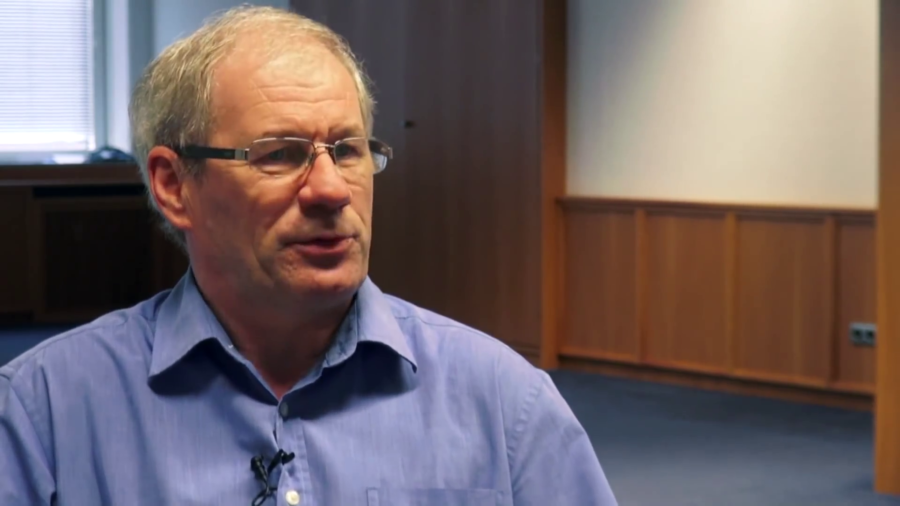I was participating in a European Commission project, and it was really a surprising period. In less than ten years, the whole Internet changed.
Archive
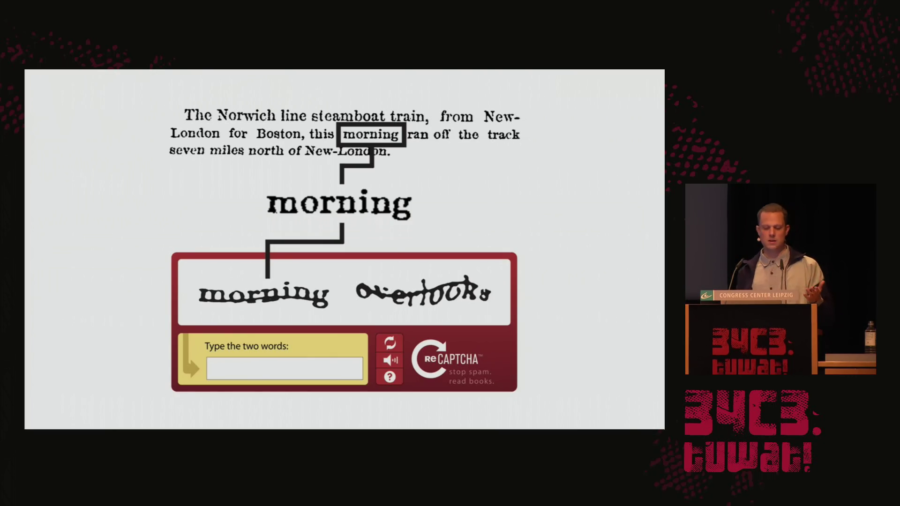
What is this condition? I would summarize it as people extending computational systems by offering their bodies, their senses, and their cognition. And specifically, bodies and minds that can be easily plugged in and later easily be discarded. So bodies and minds algorithmically managed and under the permanent pressure of constant availability, efficiency, and perpetual self-optimization.
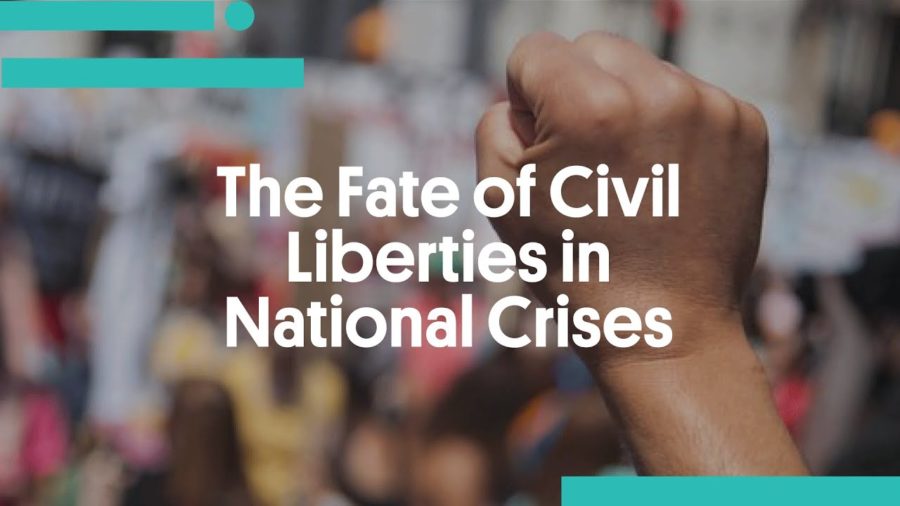
The system I would want is I would want an assurance that if some extraordinary measure has to be put in place temporarily to deal with a temporary crisis, that the word “temporary” will in fact continue to apply. And I will add that this is a moment when I really wish we had a functioning Congress.
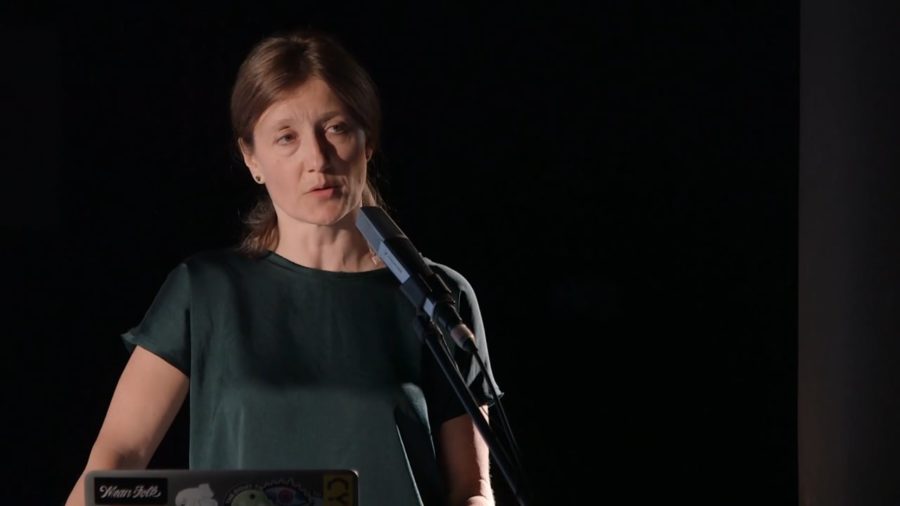
When we think of citizenship nowadays, we mostly see it as a contested notion for it being reduced to an administrative criterion that is actually selectively differentiated: inclusion in, or exclusion from the nation-state membership, from privileged membership of Western nation-states.
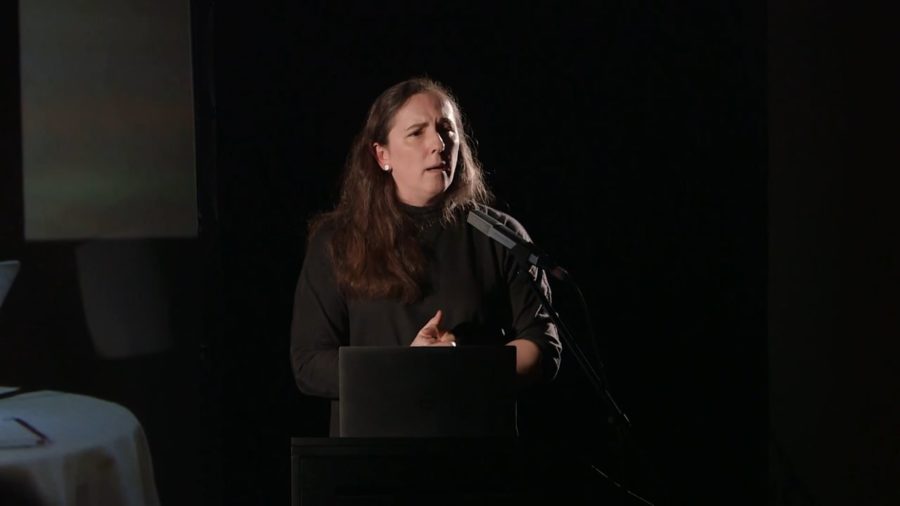
We have now in twenty years moved half the world’s population, give or take, to one city. And we all live in one city. And we keep walking out into the street and getting pasted by trams. And we don’t even understand what the trams are. We not only do not know how to live together online, we don’t even really understand that it’s a problem.
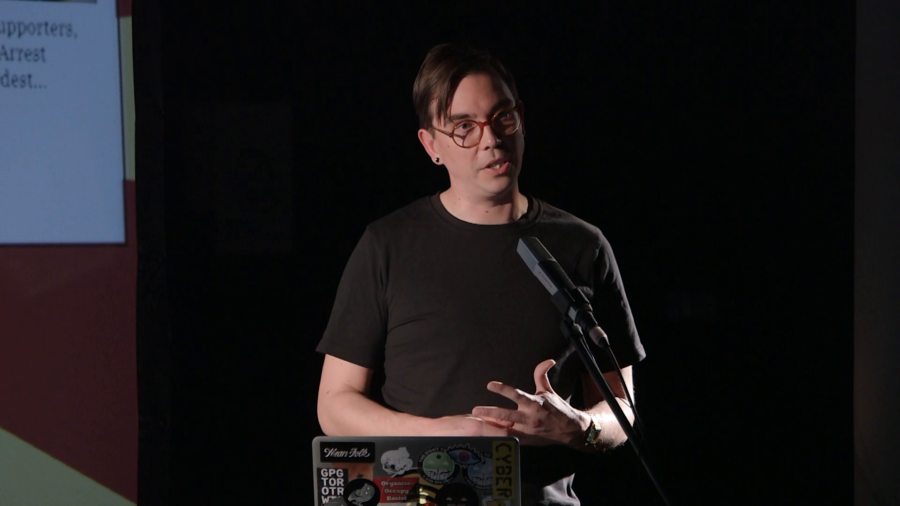
Citizenship, after not thinking about it for a while, feels like something we’re all thinking about quite a lot these days. In the words of Hannah Arendt, citizenship is the right to have rights. All of your rights essentially descend from your citizenship, because only countries will protect those rights.
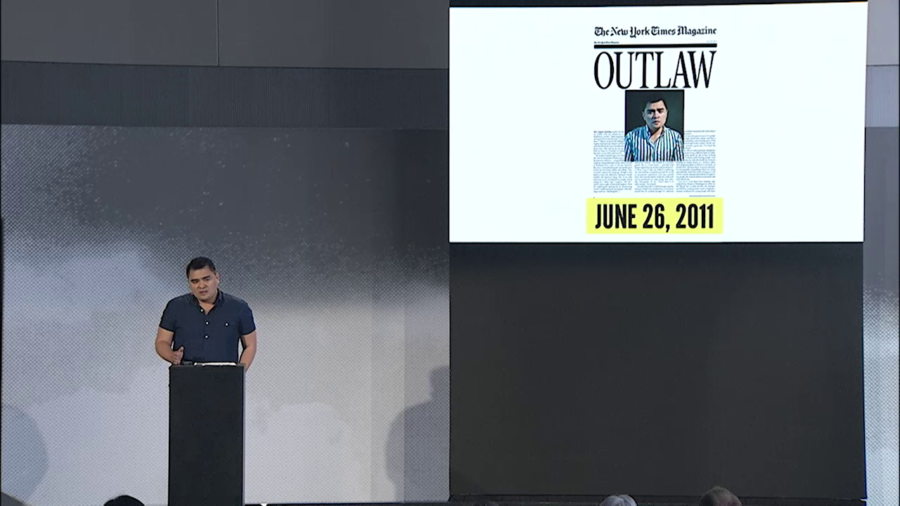
The reality is we have been so busy calling people names, obsessing over borders and walls, and spreading misinformation that we haven’t even asked hard questions like why do people move? What does US foreign policy and US trade agreements have to do with migration patterns? Remember when those children started walking from Central America to here, and CBS News and a lot of organizations called them “illegal immigrant” children instead of calling them the refugees that they are? What did we do to Nicaragua, El Salvador, and Guatemala so that their countries got so violent that they have to come here? Who started the drug war? What did NAFTA do not only to the United States but to Mexicans, right?
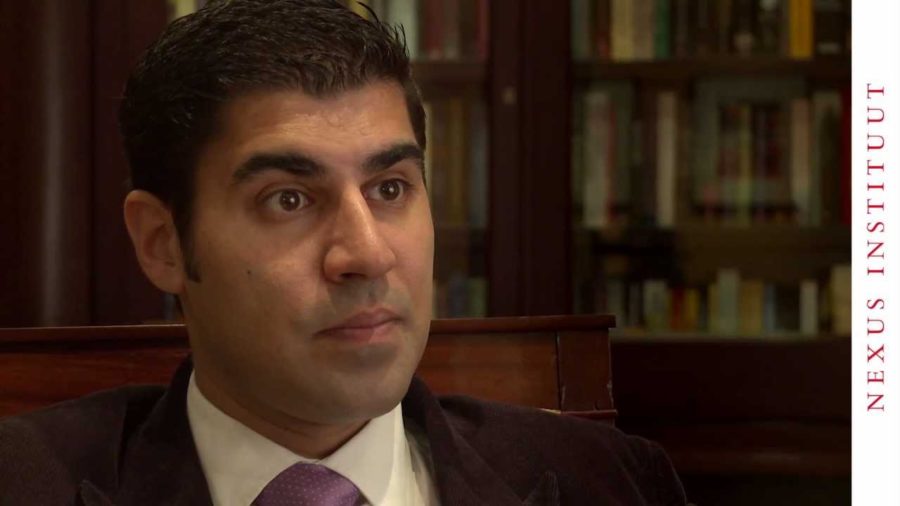
For most people on an individual level most the time, their future still feels very different from that of other people. We live in a world, for example, of enormous income inequality, right. So even though there is a global economy, it certainly doesn’t feel like one’s sort of day-to-day fate or destiny is linked to those of people around the world, even if it is in very invisible kinds of ways.
What has redeemed the faith community throughout the centuries of history has been that there has always been a sector of the faith that has not sold out, that has recalled the genuine moral and ethical values of that faith and its tradition, and has renewed that, and therefore moved the agenda into the future, that is moral and ethical and just.

